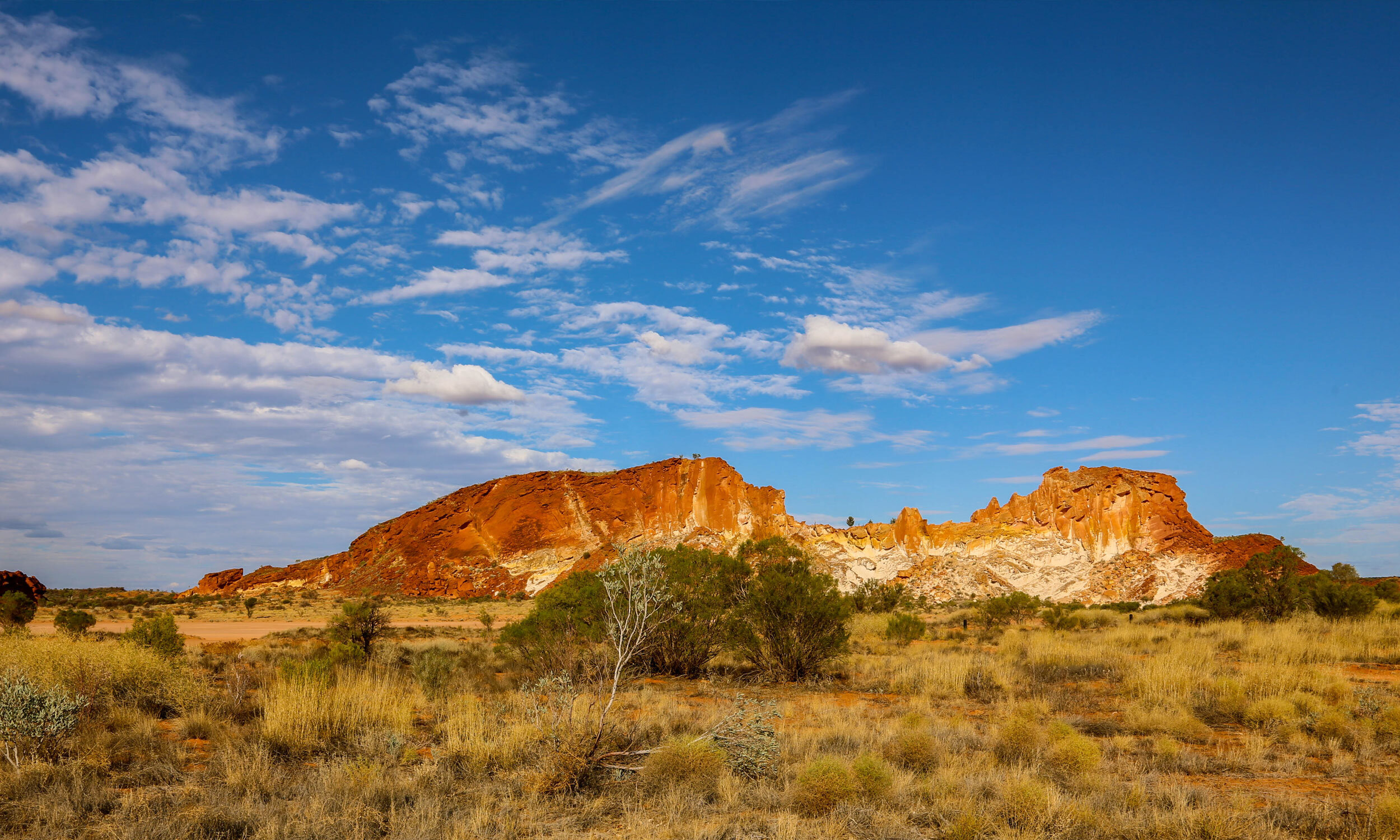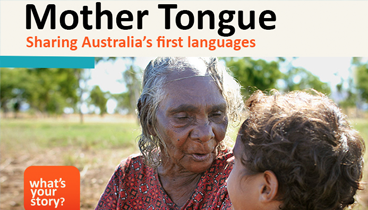
Learn about the first languages of Australia
Australia is one of the world’s linguistic hot spots. Present day Australia covers hundreds of Aboriginal and Torres Strait Islander nations, each with their own language and culture. These languages are among the oldest continuously spoken languages on Earth, and it’s wonderful to contemplate the information that is held within them.
The languages, cultures, lands and peoples of this continent are intrinsically linked. In order to truly appreciate the people and places you must have an understanding of all of these elements. Knowledge is embedded in the local language of an area. This is the knowledge of what the significant places are and knowledge about the plants and the seasons. It is also the knowledge of the traditions, the songs and the stories of these lands that have been passed down over tens of thousands of years.
Language is key to Indigenous well-being in Australia. Language allows people to connect with the world around them, with other people within their own language community, and with people from other language communities. Australia will be a much better place when Indigenous language communities are strong and healthy and have the power to control their own destiny.
At the time of colonisation, there were many hundreds of distinct Indigenous social groupings, and a similar number of languages. Today fewer than 150 Indigenous languages remain in daily use, and all the first languages of this continent are highly endangered.
The good news is that many language groups are working to preserve their languages and these languages are quietly and persistently being restored to use.
Our languages live on.
Together with people and organisations around the country, First Languages Australia is working to make sure these treasures are not lost and that they continue to live on strong and vibrant. We invite you to join us on this exciting journey.
Follow the below links to find out more:
The following resources are a great way to expand your understanding of the first languages of this continent. They will help you to explore the language of the land on which you live, work and play; and help begin your journey to deepen your connection with the traditional custodians and Country.
Resources
Locate the languages of the region in which you live
Ideas for your local Council
Notes to assist talking about Aboriginal and Torres Strait Islander languages
International Decade of Indigenous Languages
Contact your local language group
Common sounds in Aboriginal languages
Language activities and wellbeing
Browse a selection of words from languages across the country
Learn some words that don't have English equivalents
Learn the names and stories of significant places
Dive into the history of Aboriginal and Torres Strait Islander language activism
Help young ones learn local languages
Listen while language custodians share the projects they are working on
Global Lessons: Indigenous languages and multilingualism in school programs














